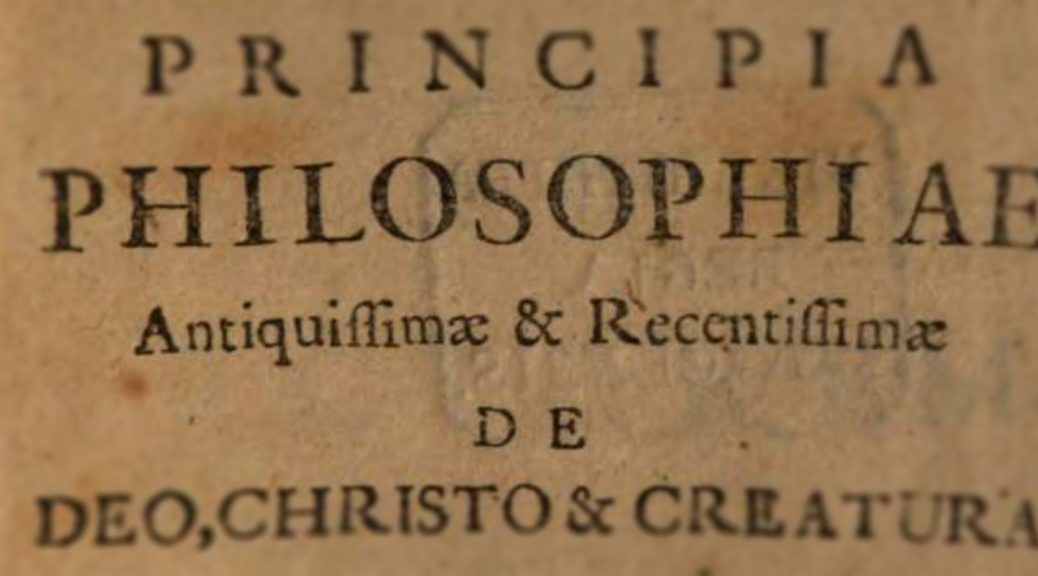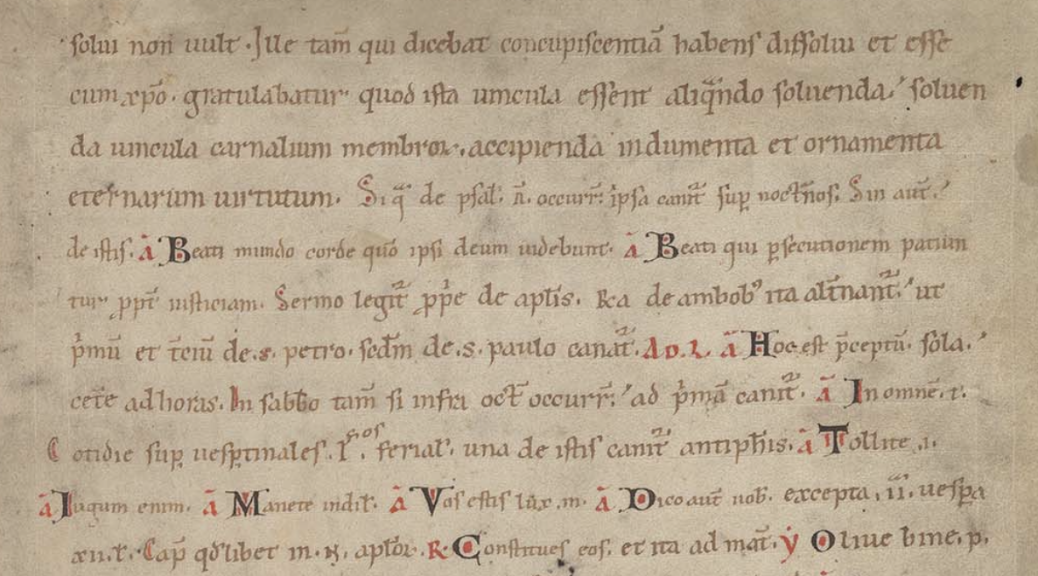The following is one of four profiles of researchers who have engaged in open scholarship at Duke. Please join us on October 5 for Open Scholarship in the Humanities — an in-person panel discussion with these current and former graduate students, who will explore their approaches to engaging in open humanistic scholarship. You can learn more about this ScholarWorks Center event in this blog post, and you can register at https://duke.libcal.com/event/11159787. The event qualifies for 200-level RCR credit. We hope to see you there!
Meet Nitin Luthra
 Nitin Luthra (he/him) is a doctoral researcher at the Department of English, Duke University. Before coming to Duke, he worked as an Assistant Professor at the University of Delhi (India) for 7 years. His research interests include critical theory, ethics, public and political rhetorics, contemporary postcolonial and world literatures. Deeply influenced by democratic theory, his current work focuses on the representations of refugees and the manifestation of violence in recent literature on migration.
Nitin Luthra (he/him) is a doctoral researcher at the Department of English, Duke University. Before coming to Duke, he worked as an Assistant Professor at the University of Delhi (India) for 7 years. His research interests include critical theory, ethics, public and political rhetorics, contemporary postcolonial and world literatures. Deeply influenced by democratic theory, his current work focuses on the representations of refugees and the manifestation of violence in recent literature on migration.
About Nitin’s Research
Nitin writes, “As a scholar interested in migration and forced displacement, I explore the discourses of far-right groups against immigrant populations of color. In this project, I wanted to learn computational text analysis for larger body of texts and employ those tools to excavate patterns within novels appreciated by right-wing circles. After reading an article by Duke professor Corina Stan (“Invasion and Replacement Fantasies: Jean Raspail’s The Camp of Saints and the French Far Right,” Palgrave Handbook of European Migration, 2023), I was drawn to read French texts (in translation) like The Camp of Saints (1973) and Submission (2015). Jean Raspail’s novel The Camp of Saints imagines an apocalyptic scenario where one million refugees from India ‘invade’ France followed by the rest of Europe. This half-century old racist novel gained international resurgence in the aftermath of the European refugee crisis when conservative leaders like Marine Le Pen praised it for being visionary. In the US, Steve Bannon, the chief strategist of Trump administration in its early days, described the influx of refugees in Europe in terms of this novel. In January 2016, he said: ‘It’s not a migration. It’s really an invasion. I call it the Camp of Saints’ (Paul Blumenthal and JM Rieger, “This Stunningly Racist French Novel Is How Steve Bannon Explains The World”). One aspect of this far-right response related to my research is its praise in terms of a defense of the cultural construct of ‘the West,’ a recent invention going back to the end of the 19th century, as ‘an immense effort to forget the anxieties surrounding the dissolution of European empire looking forward to the era of decolonization’ (Christopher Gogwilt, The Rhetorical Invention of the West p. 9).
“These French and Western European anxieties against Islam take us to French novelist Michel Houellebecq’s popular novel Submission, which imagines an imminent dystopian future where France elects a Muslim president and Europe is on its way to becoming integrated into Eurabia. Like the reverse-colonization scenario in The Camp of Saints, this novel speaks to the replacement anxieties of the far-right— theorized by Renaud Camus as ‘the Great Replacement theory’— who imagine the increase in non-white populations as threatening to the French or Western civilization. These racist and xenophobic apprehensions are not just limited to the sphere of letters in print and social media forums. The white nationalist Payton Gendron, who killed 10 people in the 2022 mass shooting in Buffalo, was fixated on this idea of the great replacement.”
On the Use of Computational Text Analysis Methods to Study Fiction
“This cultural hostility became the catalyst to an exploratory text analysis project through visual coding in Orange. I begin with the SentiArt tool for sentiment analysis. Generally, sentiment analysis is used to analyze tweets and reviews. But SentiArt is designed for literary texts. It uses vector space models to compute the valence of individual words. This makes it able to understand the emotional content of the texts with much more accuracy and nuance than other sentiment analysis tools like Vader and Liu-Hu. I use data from this analysis to guide my close reading of these texts.
“The next step of the process was topic modeling using Latent Dirichlet Allocation (LDA). The statistical model allows us to discover topics (collection of words that tend to occur together) in a corpus. These topics can then classify individual documents in the corpus based on their relevance to each topic. I passed the resulting data through the Orange Multidimensional Scaling widget, which projected multidimensional objects into a two-dimensional plane to help us see their closeness or distance.
“While helpful, these techniques are based on a ‘bag of words‘ model which often simplifies the contextual meaning of literary texts. Thus, to add more semantic heft to my analysis, I also ran the data through the Semantic Viewer to identify the keywords in each corpus. While the viewer identified keywords using several methods like TF-IDF, Rake, etc., I found Google’s mBERT to be the most accurate algorithm that focused not just on the frequency of words but also on their literary and semantic force. The TF-IDF model finds the most relevant words in a particular document, but the mBERT (‘m’ stands for multilingual) machine learning model converts phrases/words into vectors, which allows it to be more context dependent than other traditional models.
“In my analysis, I discovered that even though these novels follow the trope of invasion novels describing the takeover in painstaking and racist detail, ultimately they argue for the degeneration of the ‘West’ and the values it is thought to represent. The political takeover by those not considered to belong to this construct is only a consequence of this decadent slumber.
“The methods I followed were part of an exploratory analysis juxtaposing literary analysis with statistical tools. Combining computational techniques with literary techniques can allow for surprising insights within a text or corpus that may not be easily detectable. While I used the tools on two novels in this preliminary phase, the tools can be quite helpful when studying bigger corpora.”
Learn More
The tools Nitin uses for his research are part of the Orange Data Mining platform, a powerful software suite used for many types of data analysis and textual exploration.
Come meet Nitin and learn about his work at the ScholarWorks Center’s Open Scholarship in the Humanities panel discussion on October 5 (12:00-1:00 PM, Bostock Library 127; lunch is provided). Please take a moment to register and learn more about the event. We’ll see you there!



 Meet Emilie Menzel
Meet Emilie Menzel
 Ann Chapman Price is a historian of Christian spirituality, with a focus on medieval and early modern European theology and society. She is interested in the development of Christian mysticism throughout the tradition, the theology of medieval women’s religious texts, and the intersections of Christian spirituality with issues of race, sex, and gender. Ann’s research in the digital humanities primarily focuses on the study of texts and their representation and scholarly editing in the digital realm.
Ann Chapman Price is a historian of Christian spirituality, with a focus on medieval and early modern European theology and society. She is interested in the development of Christian mysticism throughout the tradition, the theology of medieval women’s religious texts, and the intersections of Christian spirituality with issues of race, sex, and gender. Ann’s research in the digital humanities primarily focuses on the study of texts and their representation and scholarly editing in the digital realm.


